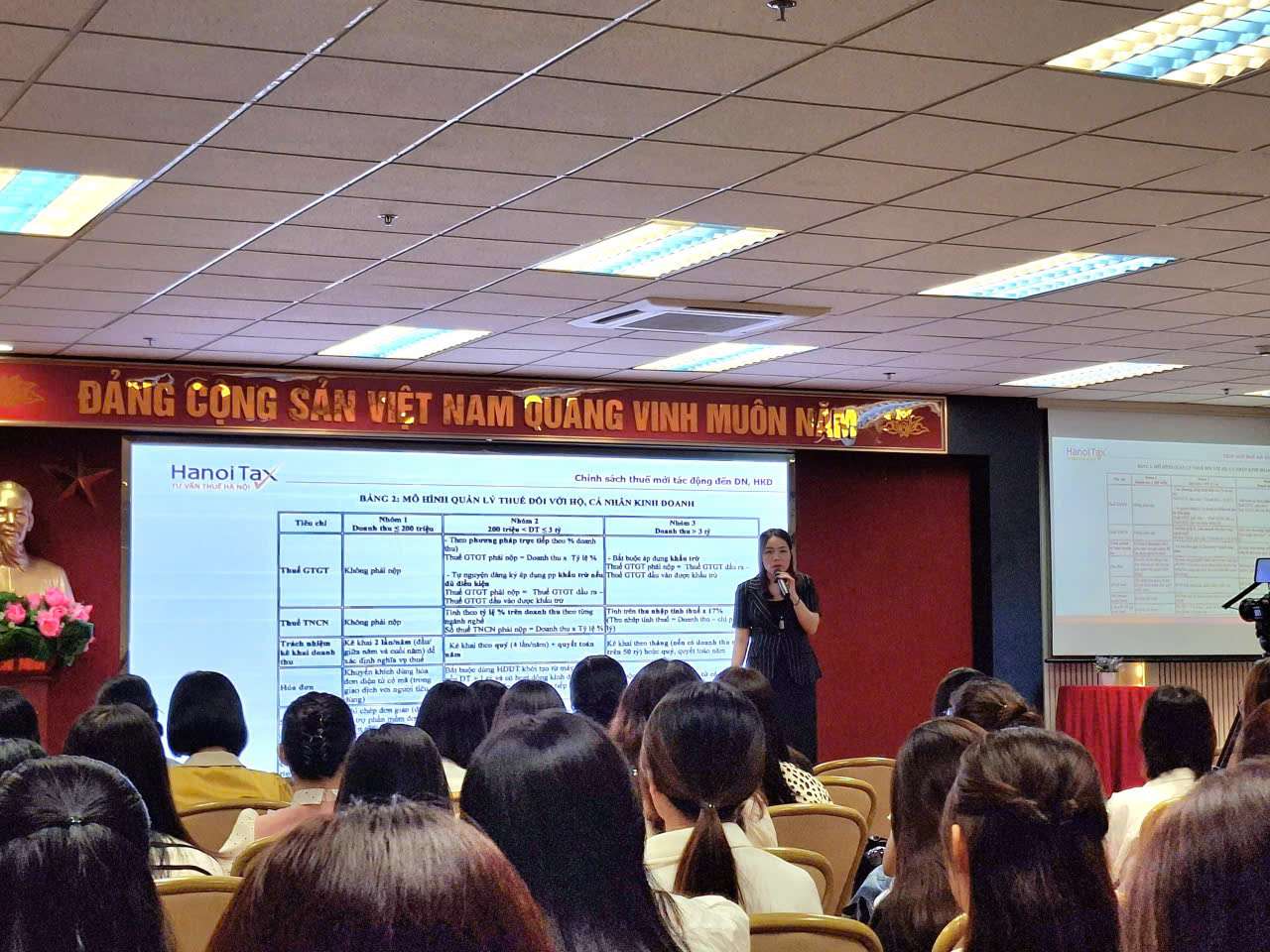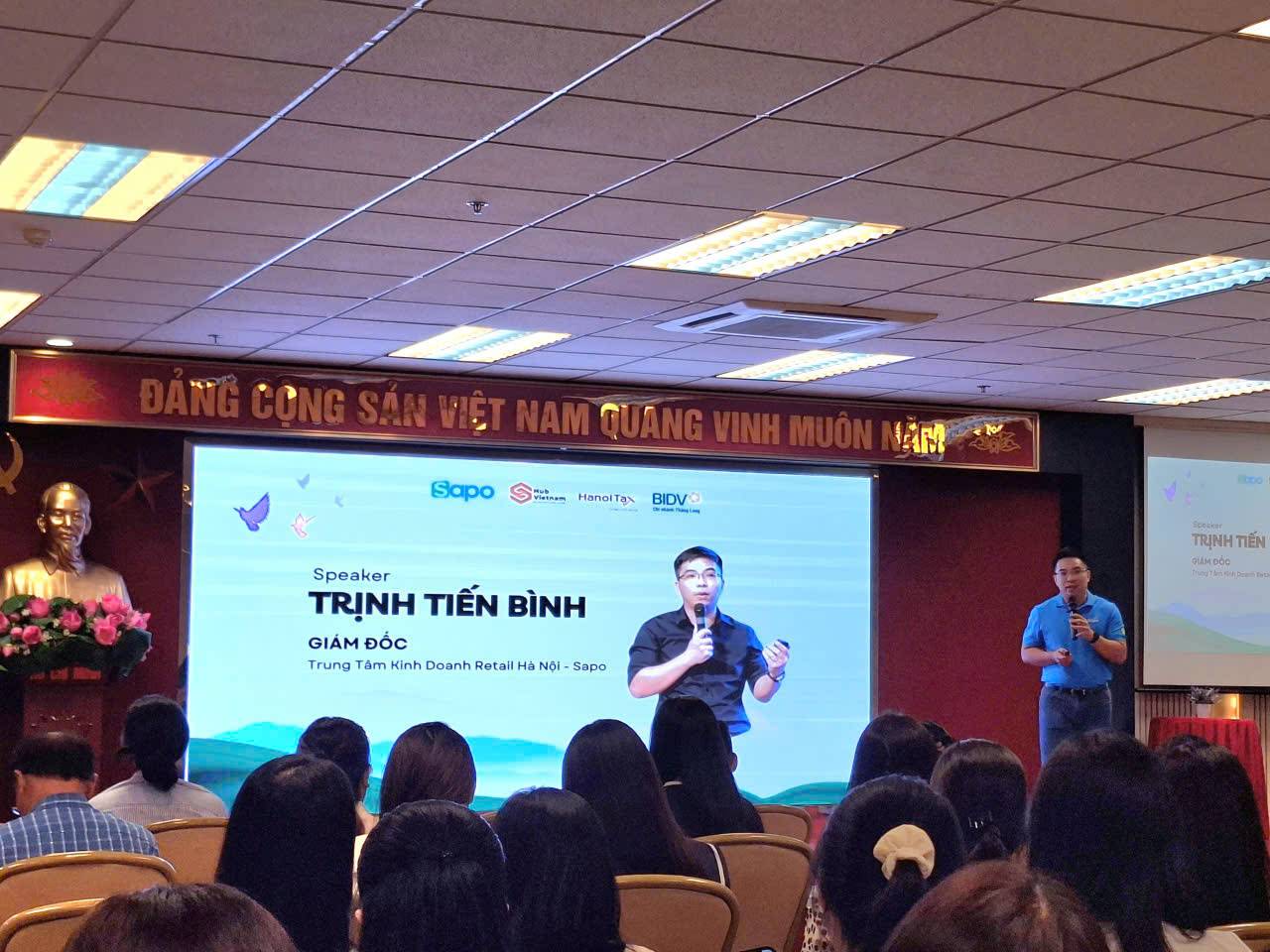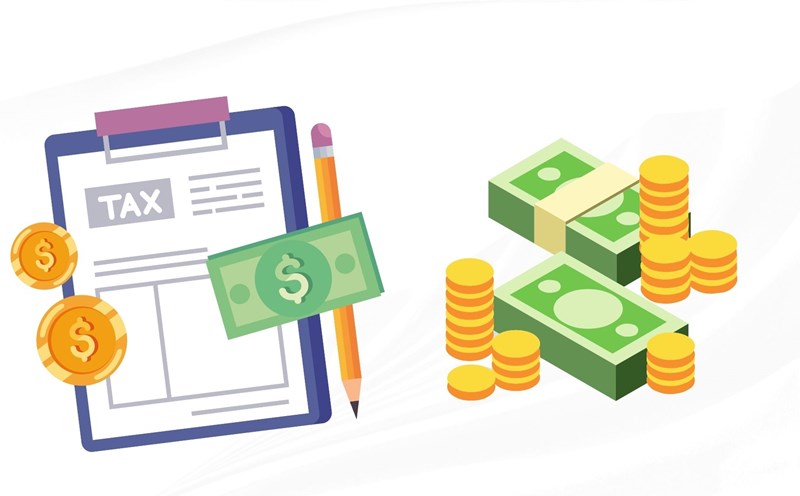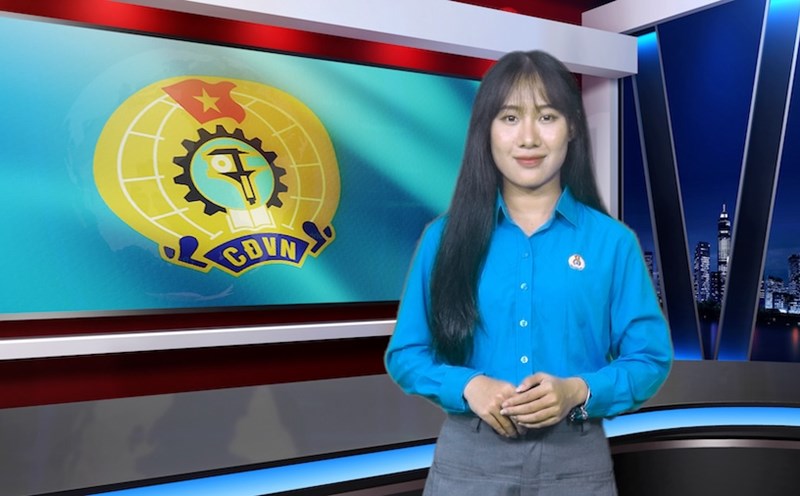Closely monitor revenue to avoid the risk of group conversion
At the In-depth Workshop: "Updated latest tax developments for business households" held on October 18 in Hanoi, Ms. Le Yen, Director of Hanoi Tax Consulting Company (Hanoi Tax) said that Decision No. 3389 on approving the Project to convert tax models and methods for business households when abolishing corporate income tax has clearly regulated 3 groups of business households, with different tax declaration and payment mechanisms.
Group 1 is business households with a revenue of less than VND 200 million per year. This group is exempt from value added tax and personal income tax. They also do not need to apply complicated accounting books but still have to make periodic declarations. Ms. Le Yen said that this is a group of small households that are completely exempt from tax obligations, but the declaration must still accurately reflect the actual cash flow.
However, the biggest risk at present is that many households with "wavy" revenue around this threshold are easily transferred without being able to recognize it. When the revenue exceeds 200 million VND/year, the household will automatically switch to group two and must use electronic invoices from the cash register, and must record a complete accounting book according to regulations.
"Many cases still registered in group one, but the actual revenue has increased to group two, causing businesses to violate without knowing it. As soon as the revenue threshold is exceeded, the mandatory regulation will be activated immediately, Ms. Le Yen noted.

Therefore, Ms. Le Yen emphasized that business households need to maintain regular records and monitoring to know when the threshold of 200 million VND/year will be exceeded in order to promptly adjust the tax calculation method. "Not closely monitoring revenue can cause households to be transferred to other groups without being able to prepare in time" - she warned.
For group 2 - with revenue from 200 million to 3 billion VND/year, it is declared quarterly, that is, four times a year. Notably, business households have the right to choose the tax calculation method. If there are sufficient documents and input invoices, the deduction method will help save more than the method of calculating directly on revenue. According to Ms. Le Yen, to make an accurate decision, households should make a comparison table between the two tax payment options, calculated in a long enough period, from 12 to 36 months, to clearly see the difference.
In group 3 - with a revenue of over 3 billion VND/year, business households must inherently apply the same regime as enterprises and no longer have the right to choose simple methods. In case of revenue exceeding 50 billion VND, tax declaration is done monthly similar to that of a business.
Reasonable cost problem
Regarding costs, Ms. Le Yen said that risks often arise in households that buy goods from individuals or other households without invoices. When the input is invalid, the output can be taxed directly at 810%, causing the tax cost to increase significantly.
Ms. Le Yen emphasized that determining reasonable costs is a key factor to reduce tax risks. An expense that is only recognized when serving business activities, with legal invoices and documents, etc. If it does not meet the prescribed conditions, the fee will be eliminated when settling, increasing the amount of tax payable. In particular, the salary of business owners is not included in reasonable expenses because the household does not have the status of independent legal entity. This is a common mistake that causes many households to collect when the tax authority inspects.
From practical experience, Ms. Le Yen also pointed out many mistakes that cause business households to face risks such as: Not opening their own bank accounts, paying cash, mixing personal expenses and household expenses, or selling via social networks without declaring revenue. She recommended that households need to standardize accounting processes, make cash flow transparent and comply with document regulations to avoid risks during the conversion period.
Applying technology to comply with and manage effectively
In the context of business households having to adapt to new regulations on taxes and electronic invoices, many technology enterprises are participating in supporting this process.

Mr. Trinh Tien Binh - Director of Retail Hanoi Business Center - Sapo Technology Joint Stock Company said: When surveying in many localities, we found that the three major problems of business households are technological limitations, initial investment costs and lack of human resources to implement the electronic invoice issuance process. Since then, Sapo has developed Sapo 6870 software, allowing businesses to issue electronic invoices right on their phones or POS devices. This application integrates functions of managing orders, warehouses, electronic payments and connecting directly to tax authorities, helping businesses comply with regulations quickly and conveniently".
Sapo also said that the unit has applied AI technology to answer questions, guide users and connect users with tax consultants, ... designed flexibly according to household size, easy to access and without initial high costs.
The unit has also coordinated with local tax authorities to organize training and direct guidance on how to use software, issue invoices from cash registers and update new regulations. According to Sapo representative, the application of technology will help businesses comply with tax regulations, increase management efficiency, make business operations transparent and be ready to convert to businesses when eligible.










